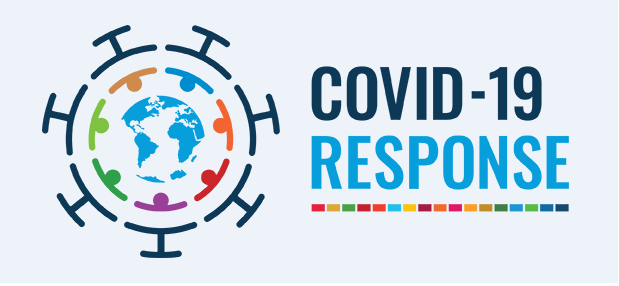Reducing the Risk of a Nuclear War
Reducing the Risk of a Nuclear War
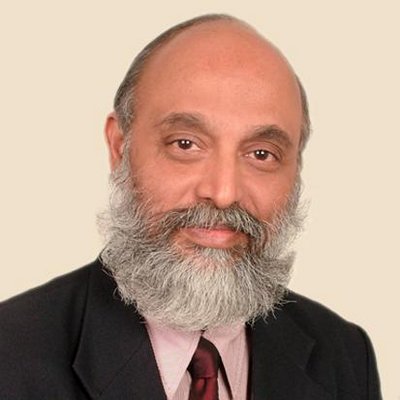
C Uday Bhaskar
Director, Society for Policy Studies
Veteran Defence Policy Analyst
IISD's invited Distinguished Guest Blog
The world has not used nuclear weapons since 1945. But 2022 is fraught with anxiety, given the geopolitical turbulence. While N-weapons cannot be wished away, the sanctity of deterrence must be acknowledged anew by the nuclear weapon powers
Every year, August 6 is observed as Hiroshima Day to recall the apocalyptic destruction rained on the Japanese city by the United States (US) in 1945, followed by a similar nuclear weapon attack on Nagasaki three days later. The attack marked the end of World War II. While the world has managed to avoid a similar use of nuclear weapons for 77 years and renews this pledge annually, the occasion this year is fraught with deep anxiety given the prevailing global geopolitical turbulence and a disturbing absence of sagacious leadership.
The Russian invasion of Ukraine in February and the manner in which Moscow invoked its nuclear capability to warn the US resurrected memories of the first phase of the Cold War when the two adversaries engaged in sabre rattling. The 1962 Cuban Missile Crisis introduced a degree of sobriety and restraint about the consequences of taking recourse to nuclear weapons. Subse- and periodic threats by North Korea quently, the nuclear club expanded about using its nascent weapons of to five nations, with China joining the mass destruction capability against US, the former Union of Soviet the US and its regional allies add to Socialist Republics (USSR), the the discord. Suffice it to note that United Kingdom, and France.
By 1968, this club became an exclusive one. In a rare display of realpolitik solidarity, the US and USSR, crafted the Nuclear Non-Proliferation Treaty (NPT). It effectively divided the world into five nuclear weapon haves ture - and disarmed the unarmed into permanent nuclear have-nots.
In short, through NPT, the five nuclear weapon powers, who are also the permanent members of the United Nations Security Council, accorded themselves the responsibility of maintaining global nuclear stability - but in 2022, they have muddied the sanctity of nuclear deterrence. This trend has been exacerbated further by the most recent US-China tensions over Taiwan, wherein Beijing has issued a dire warning. In the end-July phone call between US President Joe Biden and his Chinese counterpart President Xi Jinping, the latter is reported to have warned the White House occupant that "those who play with fire will perish by it" and added ominously, it is hoped that the US will be clear-eyed about this." This warning was conveyed to Washington before the US House of Representatives speaker Nancy Pelosi's visit to Taiwan (August 3). Beijing's response to the visit is being monitored carefully.
The stalled Iranian nuclear deal and periodic threats by North Korea about using its nascent weapons of mass destruction capability against the US and its regional allies add to the discord. Suffice it to note that 2022 is a blighted year in relation to the global nuclear challenge.
Against this backdrop, the 10th Review Conference (RevCon) of NPT began in New York on August 1. The event was scheduled for 2020 but postponed due to the Covid-19 pandemic. In a symbolic gesture, Japanese Prime Minister, Fumio Kishida, addressed the conference and made a powerful and CC poignant plea when he noted: "As a Prime Minister from Hiroshima, I believe that we must take every realistic measure towards a world without nuclear weapons step by step, however difficult the path may be."
NPT has an uneven track record. It has succeeded in controlling horizontal proliferation, but has tacitly enabled a vertical expansion of the global nuclear arsenal among the privileged five. Currently, NPT has near-universal membership, but a few States have chosen to be non-signatories, and four have acquired nuclear weapon capability of varying characteristics. They include India, Pakistan, and North Korea, which have overtly demonstrated their ability, while Israel has an opaque covert 7 status.
Nuclear weapons States are reluctant to give up their capability and move towards universal disarmament - global zero being the Holy Grail - and for decades, NPT was the only show in town. However, over the last five years, there has been a concerted attempt by the nuclear have-nots to prod the nuclear weapons States, and this has resulted in a counter treaty, the Treaty on the Prohibition of Nuclear Weapons (TPNW). Introduced in September 2017, it became effective in January 2021 and has 86 state signatories, including Brazil, Mexico, Indonesia, South Africa, New Zealand, and Ireland, among others.
TPNW is the first legally binding international agreement to comprehensively prohibit nuclear weapons, with the ultimate goal being their total elimination. However Utopian it may seem, the objective is commendable. It is similar to India's earnest attempt at the UN in 1988, under what is referred to as the Rajiv Gandhi action plan, and one can only hope that it will not flounder similarly.
While nuclear weapons cannot be easily wished away, the concept of pristine deterrence or the core mission of the nuclear weapon has to be acknowledged anew by the nuclear haves. The dreaded nuke in its early avatar was expected to have only one role-to "deter" the potential use of such capability by an adversary. Some valuable reports and recommendations have been made over the last decade by different entities - State and non-State - and they all have similar advocacy: A commitment to nuclear weapon restraint and a solemn compact not to use this fearsome capability.
PM Kishida introduced a practical "Hiroshima Action Plan" in New York, which envisages five tracks for collective action to reduce global nuclear risks. Japan's $10 million support to the UN to create a "Youth Leader Fund for a world without nuclear weapons" is particularly welcome.
Further, Kishida will convene the first meeting of an international group of eminent persons on November 23 in that resolute city , Hiroshima , which stands as a beacon of an exigency that must never occur again. Let Nagasaki be the last time.
___________________________
C Uday Bhaskar is
Director, Society for Policy Studies
Veteran Defence Policy Analyst. This is an IISD's invited Distinguished Guest Blog.

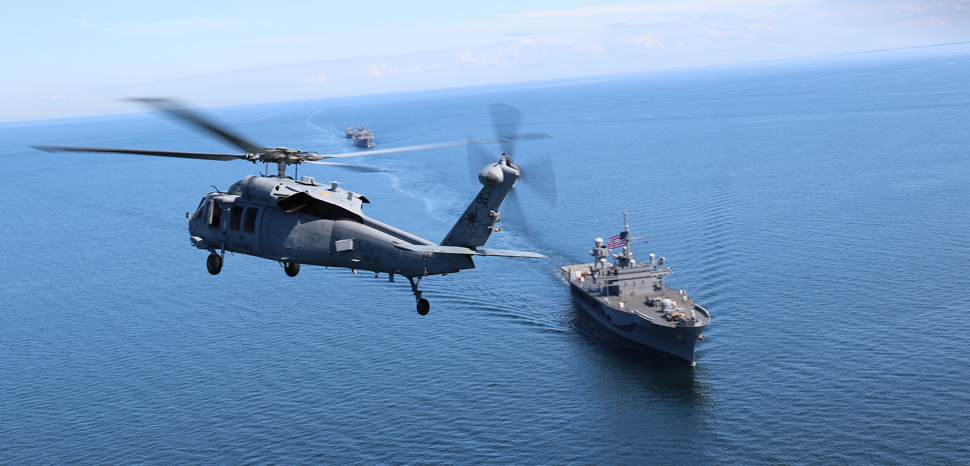
Geopolitical Turbulence
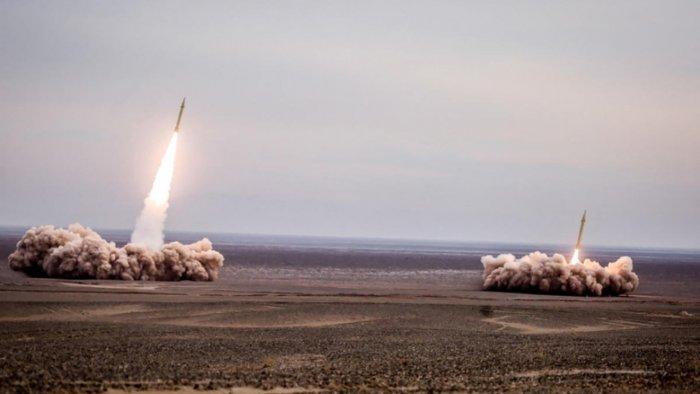
N-Weapons
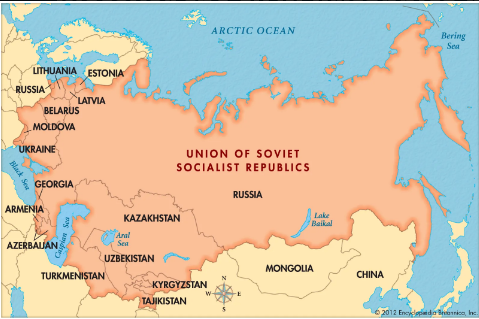
Union of Soviet Socialist Republics (USSR)
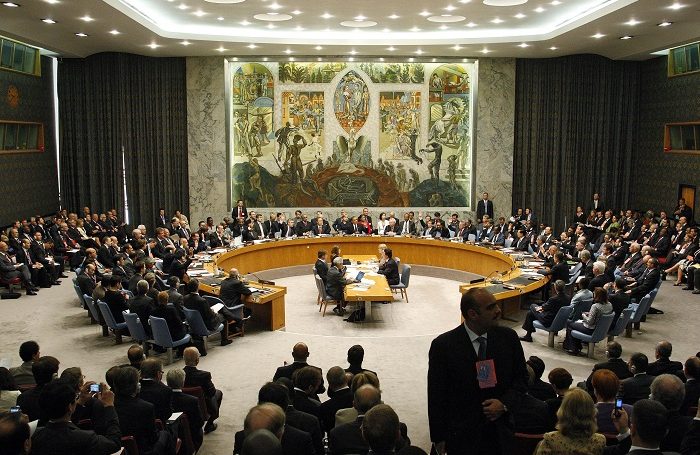
United Nations Security Council
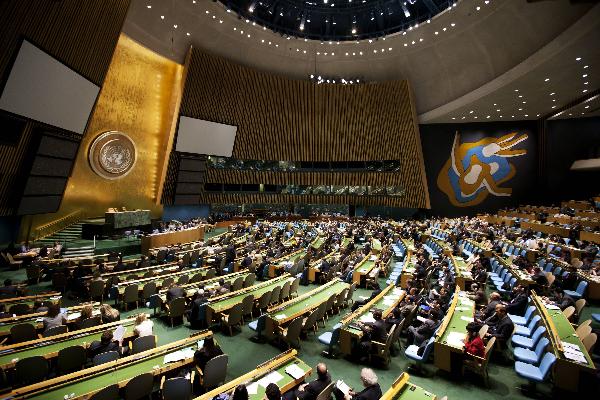
Review Conference (RevCon) of NPT
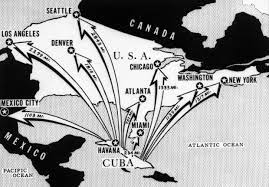
Cuban Missile Crisis
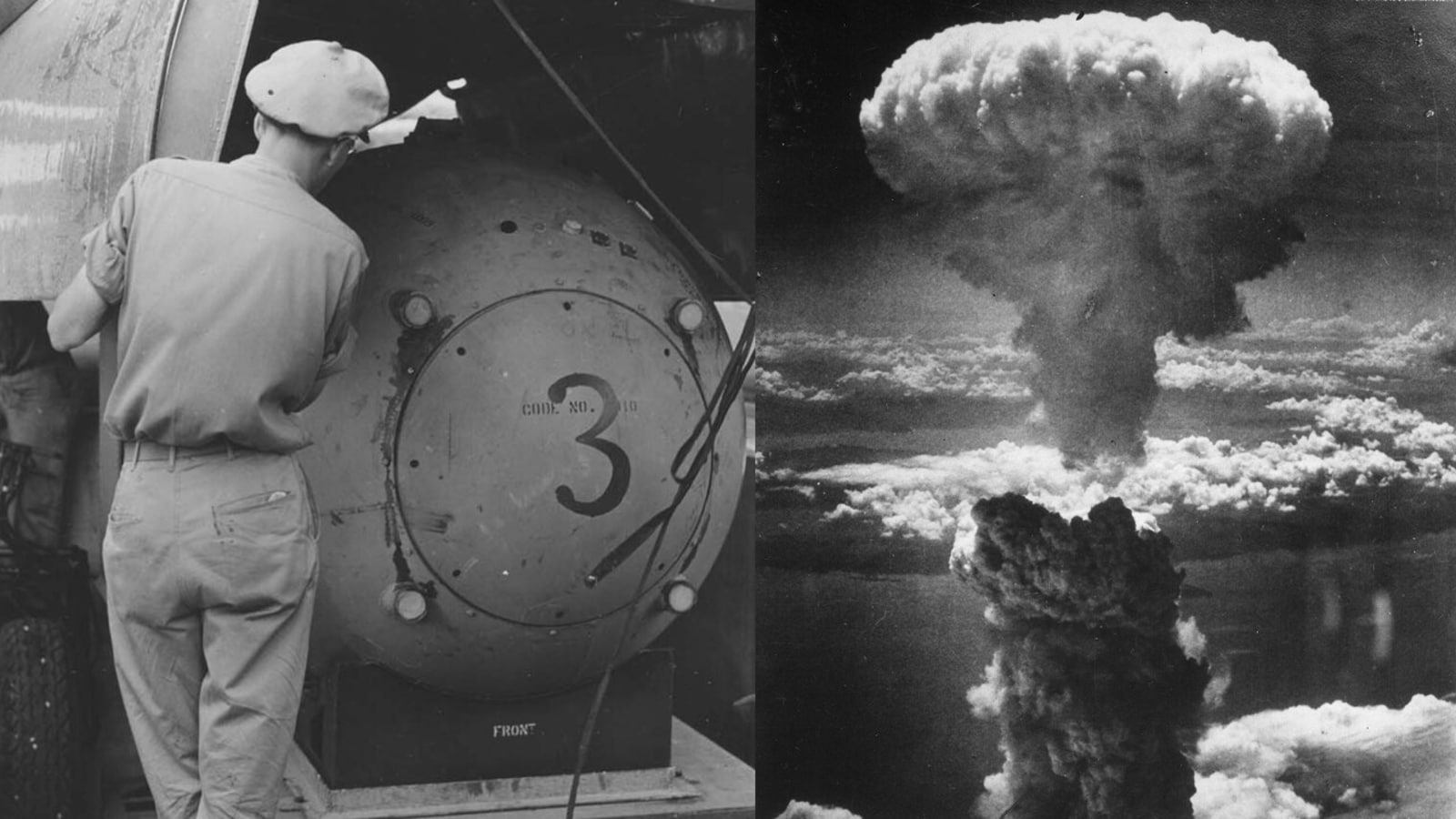
Hiroshima Action Plan


